

Our team applies modern methods for data analysis in order to benefit the largest possible group of people. We used knowledge from machine learning for several projects in the field of health care (prediction of healthcare consumption, patient clustering, etc.) and gradually we switched to the use of deep learning methods and artificial intelligence. In addition, we have focused on developing applications for telemedicine. We see it as a challenge for the future and we want to be part of it.
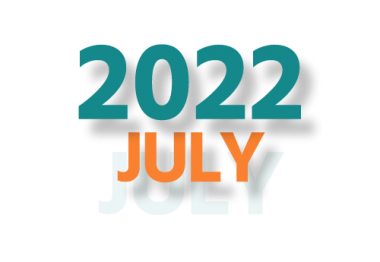
A collection of papers presented at the AIME 2022 conference in Halifax, Canada, including our paper “Cordelia: An Application for Automatic ECG Diagnostics” (pp. 416-420), was published in Springer conference proceedings.
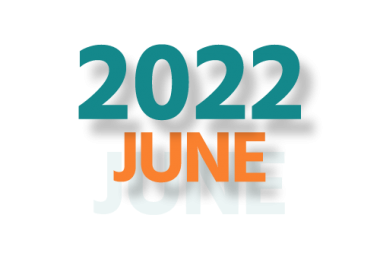
At the 20th International Conference on Artificial Intelligence in Medicine, Halifax, Canada, we presented live demo of the Cordelia application to participants from all over the world with great success.
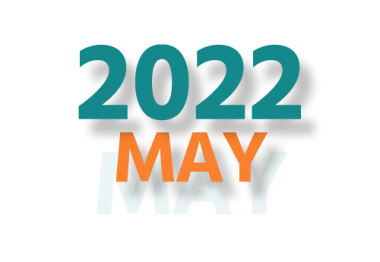
An article describing our solution for PhysioNet 2021 Challenge was published in a special issue of the journal Physiological Measurement.
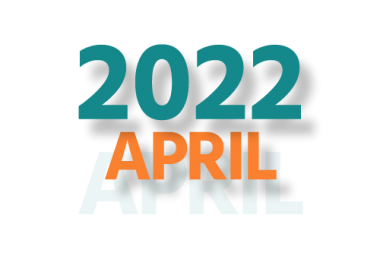
Our team won 2nd place in the unofficial round of the competition focused on the detection of heart murmurs in phonocardiographic recordings.
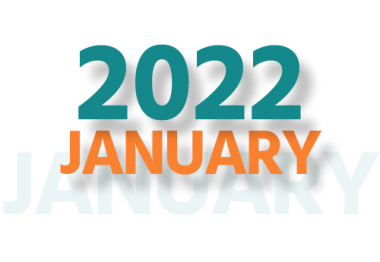
After closing of the official round of the PhysioNet Challenge, the organizers offered the opportunity to participate in the follow-up phase. The CeZIS team took advantage of this opportunity and with its solution also surpassed the result of the winner of the official round, who also participated in the follow-up round. What was our solution?
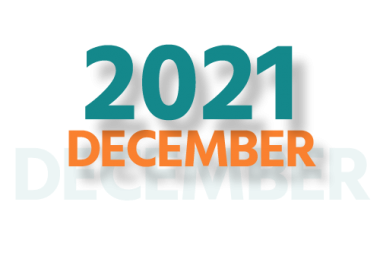
The presentation of our solution for CPSC 2021 challenge was awarded as the best presentation within the competition section of the conference.
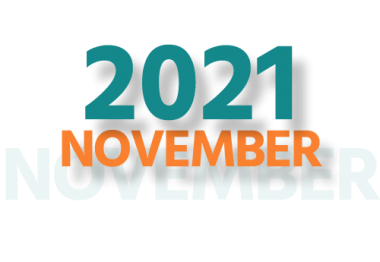
Our team, CeZIS, won 2nd place in the international competition from among dozens of teams from Europe and Asia. More detailed information about this achievment was also published in an article on the website of Pavol Jozef Šafárik University in Košice.

We participated in the 10th ICBEB 2021 conference with a video presentation of our solution for the CPSC 2021 competition. The presentation also included a demonstration of the Cordelia prototype´s functionality.
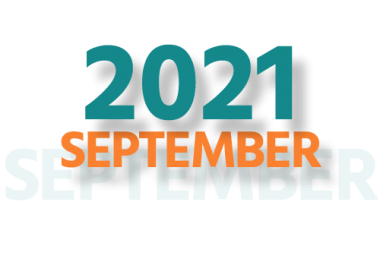
The CeZIS team placed 5th in overall rating in the official round of the challenge and won 2nd place in the 6-lead configuration solutions category. The complete leaderboard can be found here.

In September, we spent 4 days at the Computing in Cardiology 2021 conference in Brno with active presentation of our challenge solution. It was published on the conference organizer’s website, along with other papers and presentations.
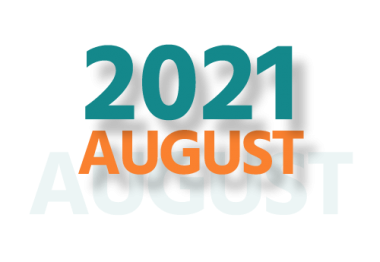
Transforming the competition solution for PhysioNet Challenge into a freely accessible prototype application that allows user to predict the occurrence of selected 21 heart diseases on his own ECG recordings. The prototype also includes a demo version, which can be used for presentation purposes. Cordelia is already known in the academic world.

After the end of the unofficial round of the competition, all submitted solutions were evaluated and successful teams, including ours, advanced to the official round.
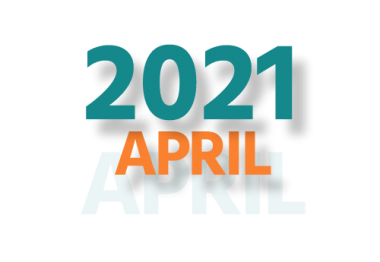
Participation in the 4th year of the international competition focused on physiological signals, which is part of the International Conference on Biomedical Engineering and Biotechnology. The current year was focused on the detection of atrial fibrillation / flutter paroxysms in dynamic ECG recordings in order to identify all recordings with at least one episode and the marking of its onset and end.
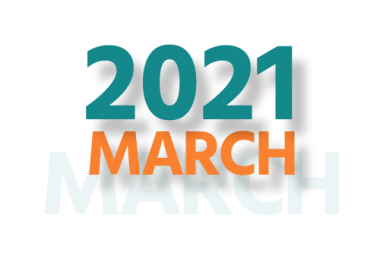
Participation in the 22nd year of the international competition dedicated to biomedical data. This year was devoted to the possibilities of detecting 30 selected heart diseases in various configurations of ECG leads, from a complete 12-lead ECG recording to a mere 2-lead recording.
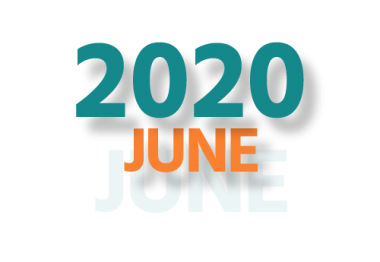
Based on a survey of publicly available biomedical signal databases, the choice fell on ECG databases as datasets with the best data quality/quantity ratio. After the selection of key databases, several concepts of implementation of ML and AI procedures on such data were formulated.
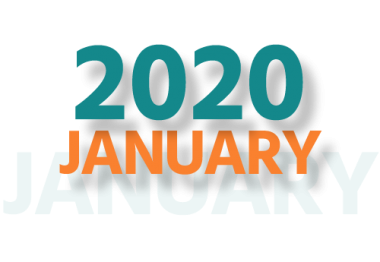
Start of the SU4ZP project focused on machine learning applications in the field of health insurance. The project is implemented together with the partners of Pavol Jozef Šafárik University in Košice and the Technical University of Košice and is co-financed by the European Regional Development Fund.